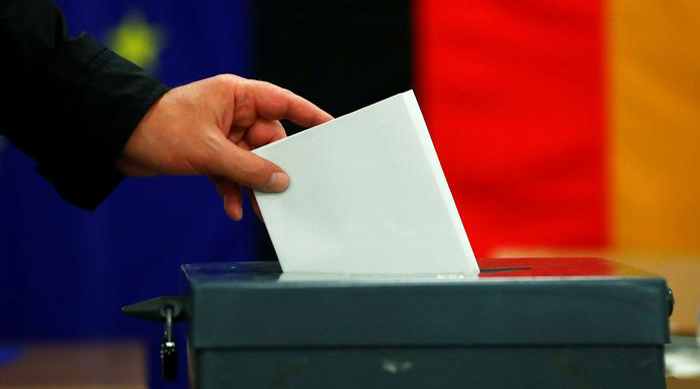
Elections in Germany. Images Reuters
By Guillermo Alvarado
While the European Union is struggling to find its identity after the brutal attacks of US President Donald Trump, who denied any recognition to the continental bloc, Germany is preparing to hold crucial parliamentary elections.
It is true that this country is no longer the economic locomotive of the old continent, what happens there will undoubtedly have repercussions among its partners, especially since a change of course towards very conservative positions is in sight.
It will be recalled that in the last third of last year the governing alliance formed by the Social Democratic Party, the Liberal Democrats and the Greens collapsed, prompting Chancellor Olaf Scholz to call for early elections.
One of the main reasons for the collapse of the government was the economy, as some 50,000 companies have disappeared since 2021 and some 100 billion euros of capital is leaving the country every year.
The recession has lasted for three consecutive years, something that has not happened in Germany for more than half a century.
Other reasons for dissatisfaction with the Social Democrats are the acute energy crisis, accelerated by the war in Eastern Europe, where Berlin strongly supported Ukraine against Russia, which until then had been its main fuel supplier.
Looking ahead to Sunday's elections, the Greens remain almost intact, but Scholz's party could suffer the worst defeat in its history, and the Liberals risk winning no seats.
All indications are that the conservative parties, the Christian Democrats and their Christian Social allies, could return to government, but there is a real danger that the far right, represented by Alternative for Germany, could make significant gains in the Bundestag.
The polls do not give an absolute winner of the elections, and it will be necessary to wait for the final results to know how the coalitions will be integrated to achieve a majority, where parties of different tendencies are likely to coexist.
It is clear, however, that none of the traditional forces will dare to form an alliance with the extreme right, which will remain relatively isolated unless it exceeds the 20 percent of the vote assigned to it by the polls.

